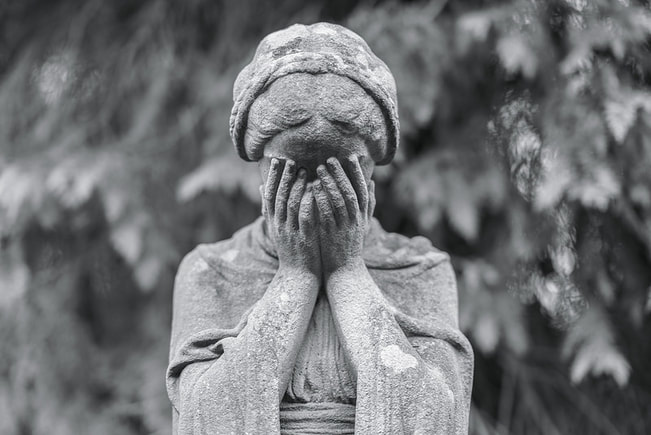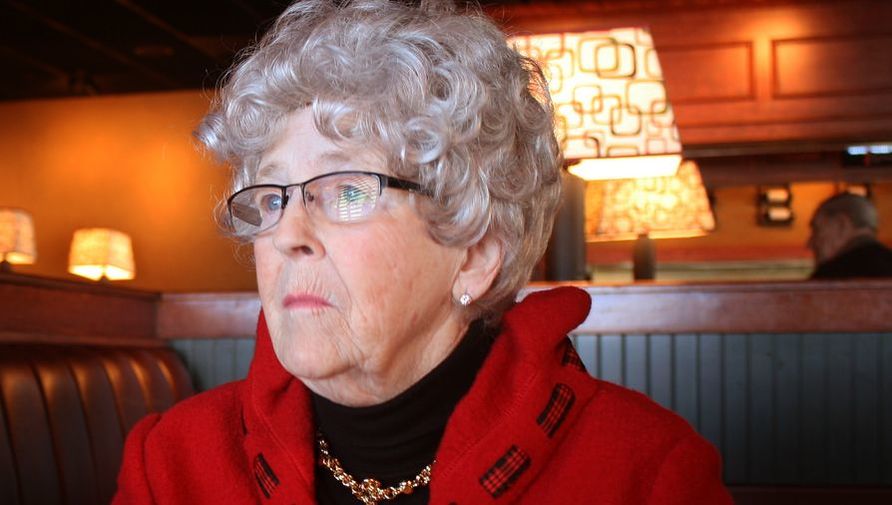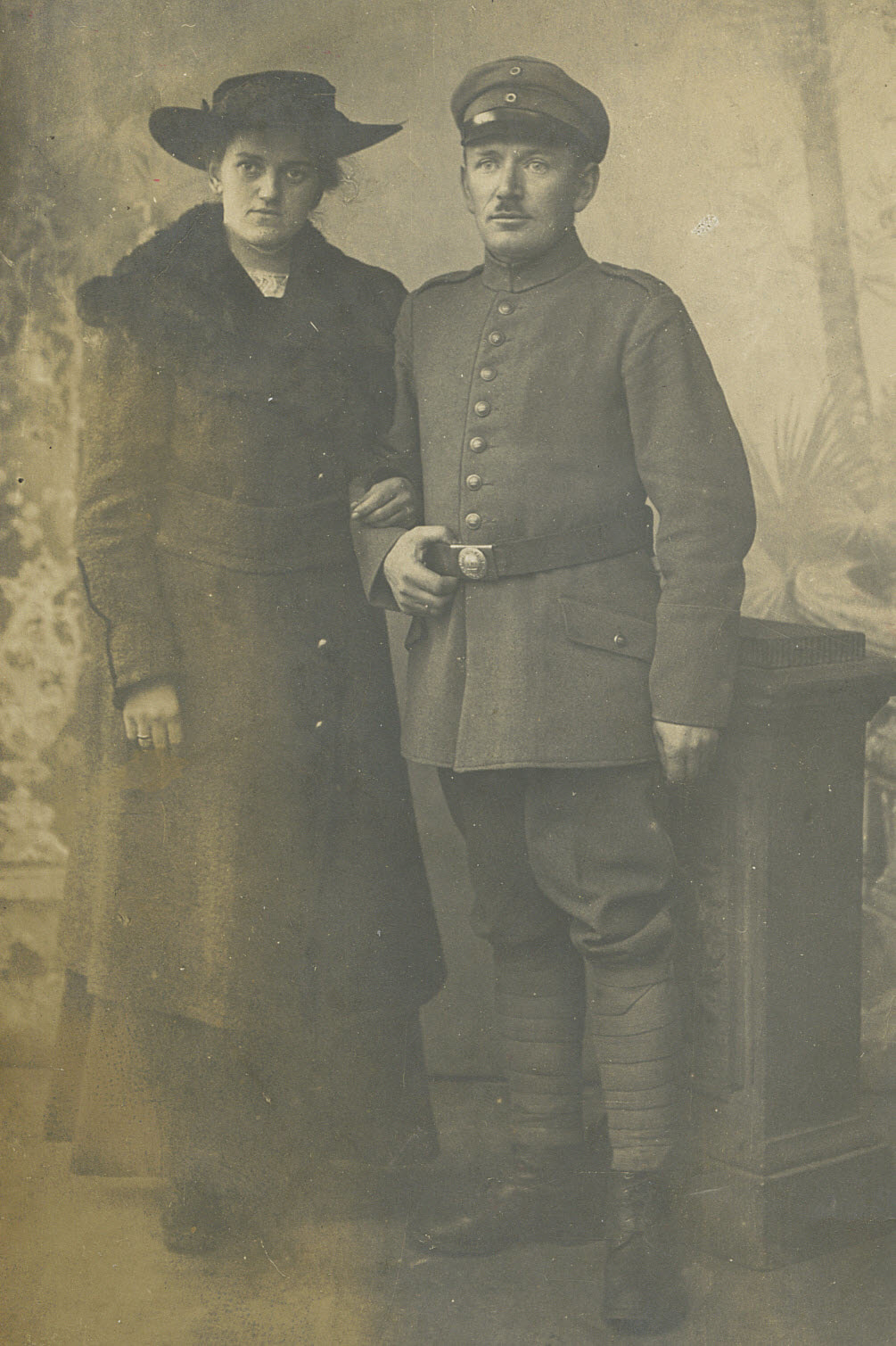Two of these dear people left us after the proverbial “brief illness.” Their deaths were sudden, and unexpected, and as far as I know, not once prayed for by their loved ones.
The third died after weeks of excruciating pain. In this case, I’m quite sure that all who cared about him beseeched the Lord to bring an end to his suffering, to take him ever so gently Home.
Over the years, I’ve watched other close friends travel far longer and more arduous paths under the burden of diseases like Alzheimer’s, MS, and Parkinson’s.
Thankfully, I no longer complain about such trials, demanding to know (and refusing to consider) how a good God could allow such suffering and sorrow. Instead, the Lord has used these deaths to bring me back to His word.
To Romans 8:28, for example: “And we know that God causes all things to work together for good to those who love God, to those who are called according to His purpose.”
And to Romans 1:18-20: “For the wrath of God is revealed from heaven against all ungodliness and unrighteousness of men who suppress the truth in unrighteousness, because that which is known about God is evident within them; for God made it evident to them. For since the creation of the world His invisible attributes, His eternal power and divine nature, have been clearly seen, being understood through what has been made, so that they are without excuse.”
And to Psalm 51:16-17: “For You do not delight in sacrifice, otherwise I would give it; You are not pleased with burnt offering. The sacrifices of God are a broken spirit; a broken and a contrite heart, O God …”
The Lord uses death to break our rebellious spirits. To bring contrition to our hearts. To cause us to examine the truth He has written on our hearts. And to work together for the good of those who are His, or will be.
He certainly used death in these ways in my life.
My mother’s Home-going was not sudden. She died after years of failing health – years that had drawn us as close as two people can be when they occupy different spiritual planes. So close that, when she died, I, still an ardent atheist, was forced into a relentless quest for truth. It turned into a 15-month quest that forced me to evaluate and reject every major religion and worldview until, finally and irrevocably, I found myself at the cross of Jesus Christ.
I believe that the Lord does something like this every time He calls someone in death – that He brings the dying and the bereaved to the precipice of forever so that they will ask the most important question of all: “Where am I going to spend eternity?”
Sadly, the majority will opt for a Christless forever, choosing instead the impossible task of paying their own sin debt; as Jesus said, “For the gate is small and the way is narrow that leads to life, and there are few who find it” (Matthew 7:14).
Maybe those who ultimately reject Christ are simply too in love with their sin to fear final judgment, or too lazy to seek truth. Maybe they are too arrogant to believe there could possibly be just one way to heaven, or too self-righteous to accept a place of eternal punishment. I could write volumes about each of these attitudes; they surely characterized my thinking throughout my atheist years.
But finally, the Lord used death to bring me up short, to cause me to look up rather than to myself for the answers – answers that He graciously provided in the wake of instantly forgiving my entire sin debt.
I submit that He is doing exactly that every time He issues the call to eternity. Whether that call is unexpected or long-anticipated, I believe it’s all part of His plan to do whatever it takes to capture our attention once and for all.
The Lord does not waste death. Nor does He let anyone head into eternity without issuing a final wake-up call.




 RSS Feed
RSS Feed